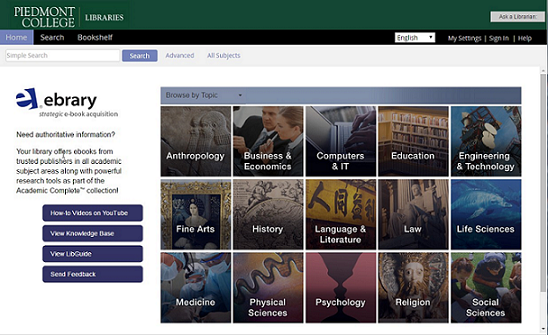An important Library service has been updated and improved! The Find It service has been replaced by Full Text Finder.
As you know, the Library provides access to a huge number of full-text articles, e-books, and online reference materials, as well as comprehensive collections of streaming audio and video files. In addition, our researchers have access to an even larger number of citations and abstracts for articles, books, and dissertations that don't include in the full-text.
All of these materials, those available in full-text and those that are not, are provided through a large number of online services from several different providers. Without a central service that links all of this knowledge and information together, it would be very difficult for researchers to work efficiently. A comprehensive search would mean performing the same queries in many different resources, over and over.
Both
Find It and
Full Text Finder provide these necessary linking services. Both know about all the full-text articles that Piedmont College Library users have access to, as well as precisely which services offer them. This is what allows you, for example, to be working in
ProQuest Nursing and Allied Health and have direct access to the full text of an article that's provided in
CINAHL Complete, an
EBSCOHost service.
We recently made the switch from
Find It to
Full Text Finder, which we believe allows a much simpler workflow for research. Let's take this citation as an example:
With the
Find It service, clicking the icon would lead you to an intermediate screen where you might have to choose from a list of multiple services containing that article.
With
Full Text Finder, there is no intermediate screen. You will go directly to a service that contains the article and you can begin reading immediately:
But what if the full text of an article is not available? We all know the frustration of realizing an article we need for our research is inaccessible. Thankfully,
Interlibrary Loan (ILL) service for journal articles is very fast.
Full Text Finder replaces the former hodge-podge of different
ILL forms and provides the same interface no matter which service you are using.
Let’s look at different example. Let’s say you really want to read the article represented by this citation:
This is what you’ll see when you click on
Full Text Finder:
And if you click on the
ILL link, you'll always see this familiar form and you can fill out your contact information, click Submit, and in most cases, receive your article by email within 48-72 hours.










